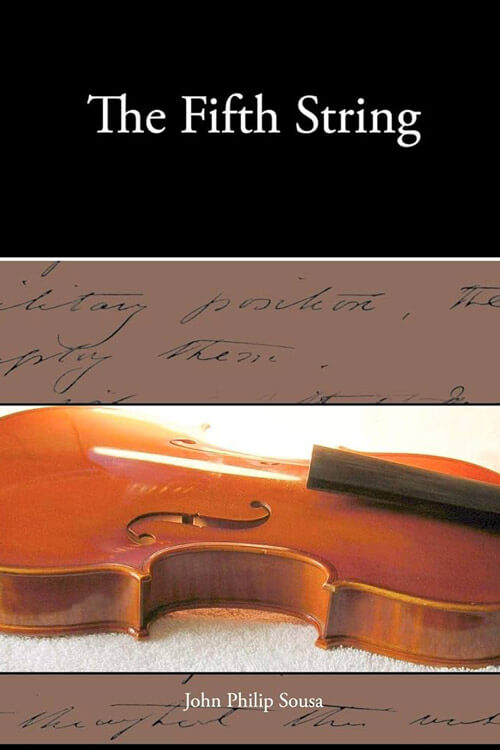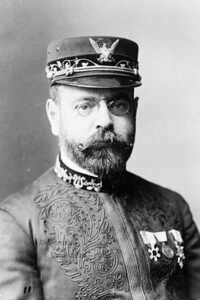
The Fifth String
Therefore, when Mr. Henry Perkins, the well-known impresario, announced with an air of conscious pride and pardonable enthusiasm that he had secured Diotti for a “limited” number of concerts, Perkins’ friends assured that wide-awake gentleman that his foresight amounted to positive genius, and they predicted an unparalleled success for his star. On account of his wonderful ability as a player, Diotti was a favorite at half the courts of Europe, and the astute Perkins enlarged upon this fact without regard for the feelings of the courts or the violinist.
On the night preceding Diotti’s debut in New York, he was the center of attraction at a reception given by Mrs. Llewellyn, a social leader, and a devoted patron of the arts. The violinist made a deep impression on those fortunate enough to be near him during the evening. He won the respect of the men by his observations on matters of international interest, and the admiration of the gentler sex by his chivalric estimate of woman’s influence in the world’s progress, on which subject he talked with rarest good humor and delicately implied gallantry.
During one of those sudden and unexplainable lulls that always occur in general drawing-room conversations, Diotti turned to Mrs. Llewellyn and whispered: “Who is the charming young woman just entering?”
“The beauty in white?”
“Yes, the beauty in white,” softly echoing Mrs. Llewellyn’s query. He leaned forward and with eager eyes gazed in admiration at the newcomer. He seemed hypnotized by the vision, which moved slowly from between the blue-tinted portieres and stood for the instant, a perfect embodiment of radiant womanhood, silhouetted against the silken drapery.
“That is Miss Wallace, Miss Mildred Wallace, the only child of one of New York’s prominent bankers.”
“She is beautiful—a queen by divine right,” cried he, and then with a mingling of impetuosity and importunity, entreated his hostess to present him.
And thus they met.
Read or download Book
John Philip Sousa
John Philip Sousa (1854–1932).
Works
Novels
The Fifth String (1902)
Pipetown Sandy (1905)
The Transit of Venus (1920)
Music
List of compositions by John Philip Sousa
Across the Danube (1877)
Der fliegende Holländer (The Flying Dutchman, by Richard Wagner), manuscript arrangement, (1893)
Transit of Venus (1896)
Colonial Dames Waltzes (1896)
Stars and Stripes Forever (1897)
America First (1916)
Boy Scouts of America (1916)
Anchor & Star (1918)
Works about Sousa
“Sousa, John Philip,” in Appletons’ Cyclopædia of American Biography, New York: D. Appleton and Co. (1900)
“Sousa, John Philip,” in The Encyclopedia Americana, New York: The Encyclopedia Americana Corporation (1920)






